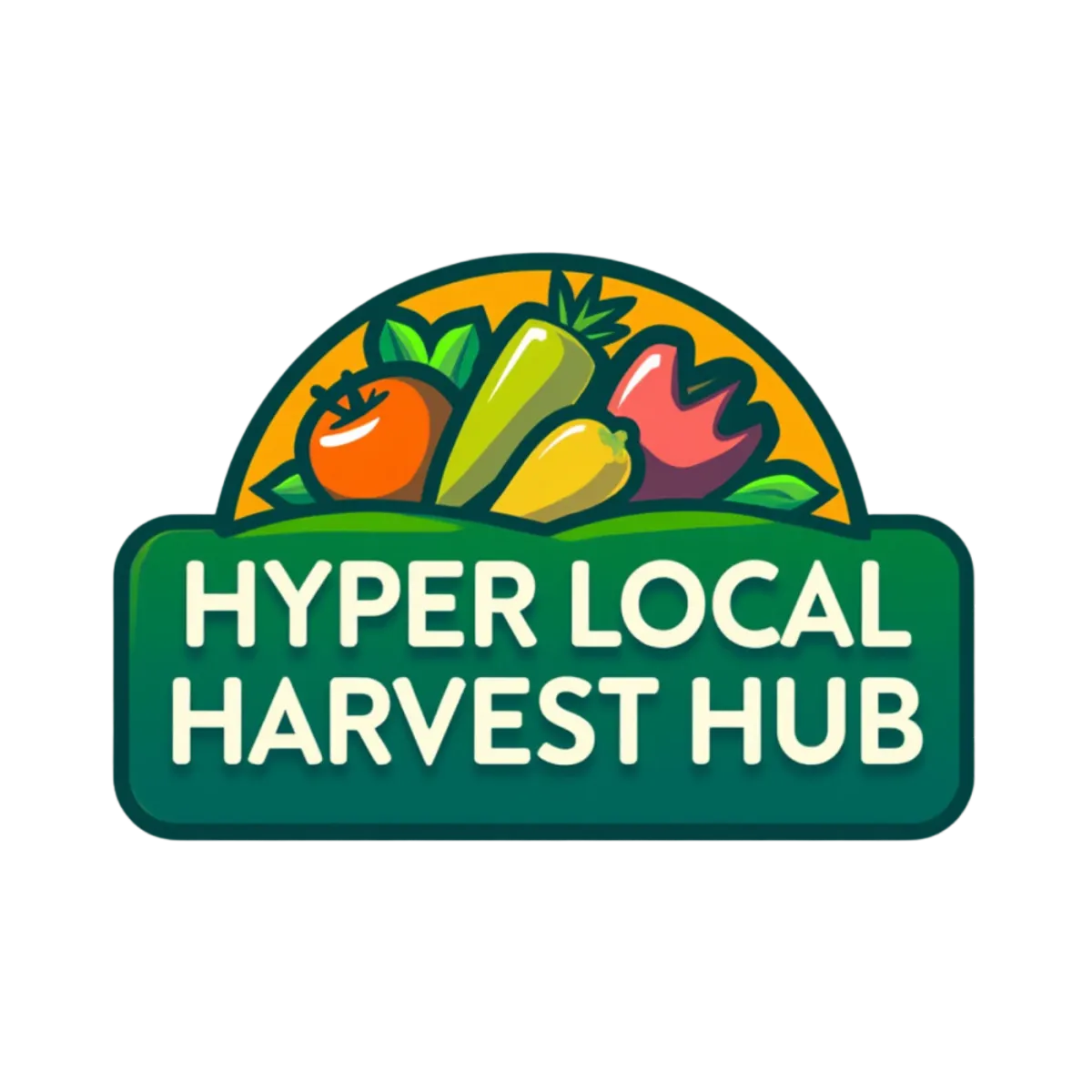
What strategies can I use to balance my time between food production and other responsibilities?
If the idea of growing your own food feels overwhelming. Afterall, you already have a full plate with work, family, and a to-do list that never seems to end. Adding gardening or farming into the mix? It might feel like one more thing pulling at your precious time. But what if I told you that balancing food production with everything else isn’t about adding stress—it’s about creating harmony? With the right strategies, you cannot only grow food and meet your responsibilities but also find more joy in your day.
Start With a Plan—And Keep It Simple
The key to balance is having a clear plan. The Grow Model Food System is built for this. Start by journaling what your family eats over a month. Yes, every bite. Then, figure out which foods you can grow yourself or source locally. This step ensures you’re not increasing random things that won’t save you time or money.
But don’t overcomplicate it. If tomatoes are your jam, start there. Love fresh herbs? Perfect. Grow what’s manageable and meaningful to you, especially in the beginning.
Make Food Production Fit Into Your Life
You don’t have to be a full-time farmer to grow food. Use the time you already have. Got 15 minutes in the morning before work? Water your plants or check for weeds. Waiting for your kids to finish soccer practice? Take a garden book along and plan your next planting. Instead of thinking of food production as something separate, weave it into your daily rhythm.
Use Efficient Gardening Methods
Ever heard of the square-foot gardening method? It’s genius. You grow more food in less space, with less time weeding and watering. Raised beds, drip irrigation, and mulching are other time-savers. These techniques aren’t just efficient—they free up your energy for different things. Efficiency is the best friend of anyone trying to juggle multiple priorities.
Delegate and Involve Others
You don’t have to do this alone. Your kids can help plant seeds, and neighbors might be willing to trade labor for a share of the harvest. The Grow Model thrives on cooperation. Food production becomes a shared joy, not a solo burden, when you involve others. Even small contributions—like a friend helping with a harvest or a spouse watering the garden—can significantly lighten your load.
Batch Tasks to Maximize Time
Instead of spreading food production tasks across the week, batch them. Dedicate a couple of hours on Saturday morning for big jobs like planting or harvesting. During the week, stick to small, consistent tasks like watering. This approach makes food production manageable and leaves you with ample time for other responsibilities.
Set Boundaries—And Stick to Them
It’s easy to let gardening take over your schedule. After all, plants don’t wait. But balance means saying no sometimes. Set specific times for gardening, and don’t let it creep into the rest of your life. When you know you have dedicated gardening time, you can focus on other responsibilities without guilt.
Keep Tools and Supplies Handy
Have you ever spent 10 minutes searching for your pruners? Multiply that by a busy week, and you’ve lost hours. Set up a dedicated gardening station with all your tools, seeds, and gloves in one place. This simple trick saves time and keeps your focus where it belongs—on your garden, not on searching for lost tools.
Celebrate Small Wins
That first sprout breaking through the soil? It’s a moment to celebrate. Picking your first cucumber? Give yourself a high-five! These small victories remind you why you started and keep you motivated, even when the endless weeds or life gets hectic.
Use the Grow Model to Improve Every Season
The Grow Model isn’t just about planning—it’s about improvement. At the end of each season, reflect. What worked? What didn’t? Maybe watering in the evening saved time. Or you found that growing fewer crops fit your life better. you can always hyper-local source the difference. Use this feedback to refine your plan so next season things are just a little but easier or better or more efficient.
Remember: Food Production Is Self-Care
Growing your own food isn’t just about feeding your family. It’s about slowing down, connecting with the nature, and hopefully finding a place to cultivate peace in your busy life. Instead of viewing it as another responsibility, see it as an opportunity to slow down, breathe, and ground yourself. Your garden isn’t just a task—it’s a refuge.
Balancing food production with your other responsibilities isn’t about being perfect. It’s about being intentional. With the Grow Model Food System, a plan in place, and efficient strategies to guide you, food production can enrich your life, not overwhelm it. So take a deep breath, grab a spade, and plant that first seed in the soil and your journey to balance. You’ve got this.


